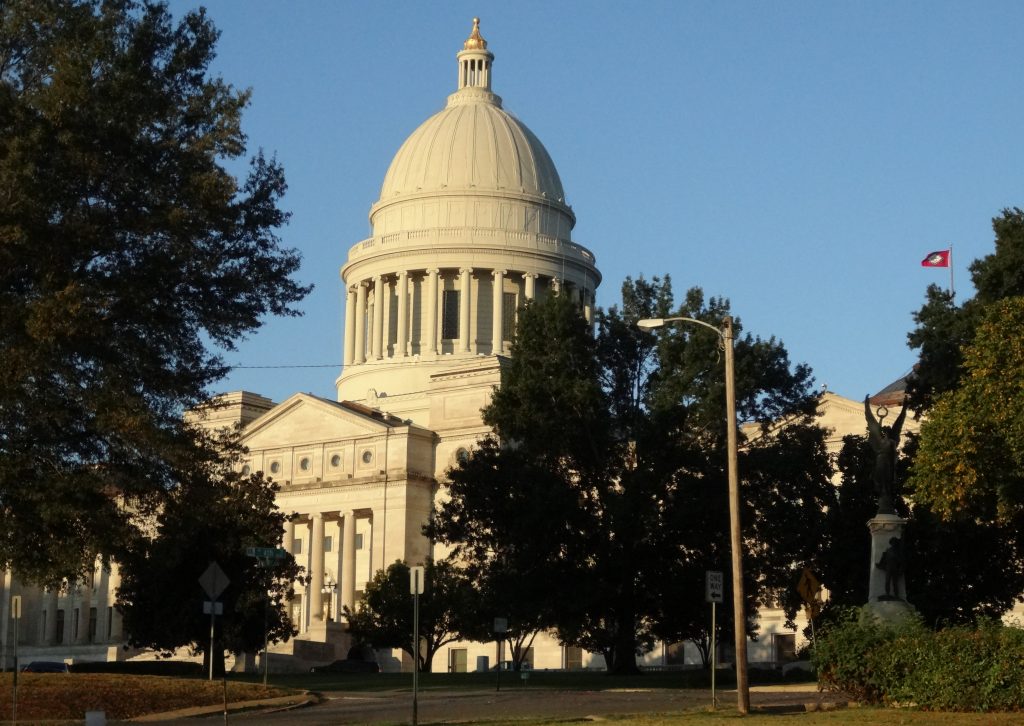The Washington Times reports that an Iowa man who stole an LGBT flag from a church and set the flag on fire has been sentenced to 16 years in jail.
Fifteen years of that sentence are due to the fact that prosecutors deemed stealing and burning a gay pride flag as a hate crime.
If this man had stolen and burned an American flag, he would not have been convicted of a hate crime, and he probably would not have been sentenced to 16 years in jail.
He might have been charged with theft, reckless use of fire, or even harassment, but not a hate crime.
The sentence for those crimes likely would be a year or two in jail — not 16.
Stories like these underscore how hate crimes laws create unequal penalties for crimes.
Hate crimes laws encourage courts to punish criminals for their beliefs rather than simply for their actions. They also fail to guarantee everyone equal protection under the law.
All of this simply goes to show why Arkansas does not need a hate crimes law.
You can read more about this story here.
Updated 2:50 PM December 20, 2019: Other news outlets indicate the man’s prior offenses may have played a role in his enhanced sentence as well.
READ MORE





